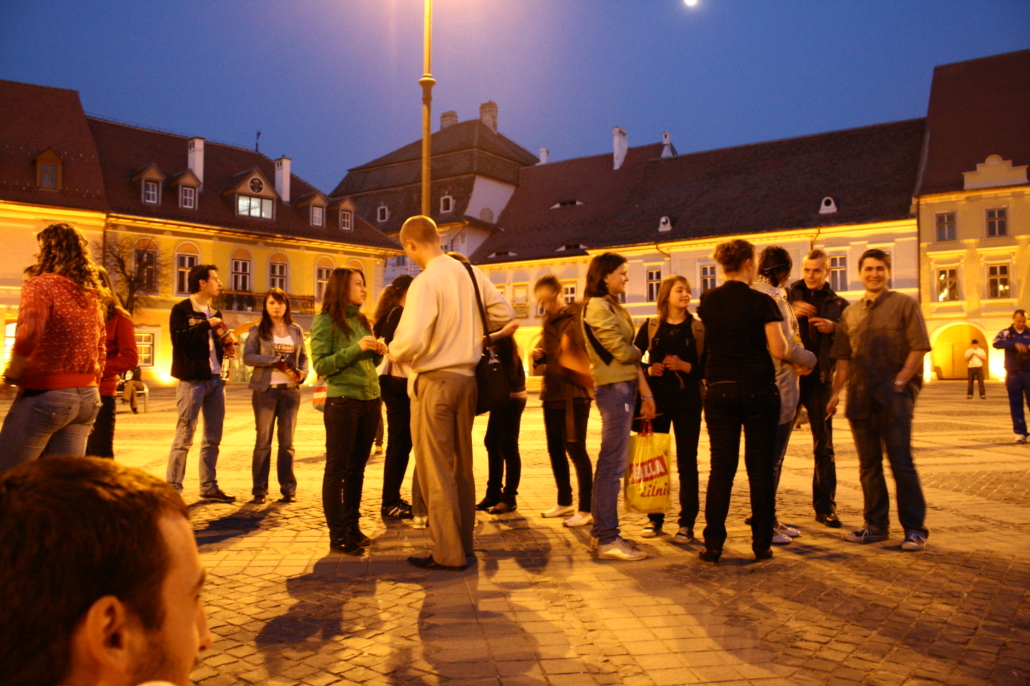 As in many post-Soviet countries, Moldova struggles with deep-rooted economic problems and stubbornly high poverty rates, despite all the efforts undertaken in the sphere of reform and development. Gender inequality plays a very significant role in this process, as women suffer from low wages, bad economic opportunities and high vulnerability to economic shocks. This article explores the complexities of gender inequality, such as poverty and the gender wage gap in Moldova, illuminating the socio-economic dynamics, root causes and solutions toward empowering women and ensuring sustainable development.
As in many post-Soviet countries, Moldova struggles with deep-rooted economic problems and stubbornly high poverty rates, despite all the efforts undertaken in the sphere of reform and development. Gender inequality plays a very significant role in this process, as women suffer from low wages, bad economic opportunities and high vulnerability to economic shocks. This article explores the complexities of gender inequality, such as poverty and the gender wage gap in Moldova, illuminating the socio-economic dynamics, root causes and solutions toward empowering women and ensuring sustainable development.
Root Causes of the Gender Wage Gap in Moldova
The question of women’s empowerment in the case of Moldova is presented in traditional gender stereotypes and gender roles that institutionalize women’s oppression and ensure that there is a lack of equity in access to important resources.
In populations affecting policy, change and reform, according to the National Bureau of Statistics of the Republic of Moldova, in 2019 the number of female government ministers was 11% leaving 89% of males in government positions. Meanwhile, in other vocations, such as unpaid care work including domestic work and caregiving, which continues to be undervalued and largely invisible, thereby ensuring economic dependence and limiting the contribution to the formal economy.
In 2022, the National Bureau of Statistics of the Republic of Moldova reported that the average women’s gross income was estimated at $9,618.4 and men’s gross income was estimated at $11,380.7.
Structural, cultural and institutional factors—historical legacies and Soviet-era patriarchal norms—provide the ground for gender relations that underlie women’s access to resources and decision-making roles.
Economic transitions and globalization have exacerbated disparities, resulting in job losses, informal employment and precarious work conditions disproportionately affecting women.
Gender-based violence and cultural norms of discrimination contribute to the continued hindrances of women’s rights to justice. The lack of policies and gender-sensitive programming furthers women’s vulnerability to poverty and socio-economic empowerment, which in turn contributes to the vicious circles of deprivation.
Holistic Solutions for Empowerment
The interaction of gender inequality with poverty is such that it has to be done by multidimensional intervention at the roots while empowering women to participate effectively in the economic, social and political spheres. The short-term interventions should be focused on the economic empowerment of women, such as training in skills development, access to finance and support to businesses that women run.
According to UNDP, “trends of recent years show an amplification of the discrepancy in both the women employment (35.4% as compared to 44.7% for men) and labour force participation rates (36.4% and 46.5%, accordingly).” Righting the wrongs of gender violence, UNDP is actively breaking these discriminating norms and opening up a supportive environment for the socio-economic rise of women. Creating inclusive and comprehensive policies and programs while embedding gender equality and inclusive development can help break systemic barriers and foster sustainable socio-economic empowerment for women in Moldova.
UNDP has seen extraordinary progress in the past 20 years. According to U.N. Women, 46.1% of the female population of Moldova above statutory pensionable age receive a pension in comparison to 100% of males.
In contemporary Moldova, there are greater numbers of women in public office than ever before. These female change makers help achieve greater gender equality, targeting gender wage gap discrepancies. According to the UNDP, “Moldova is a country where people want to live and where all people fully exercise their human rights and enjoy a better quality of life in a more inclusive and resilient society by 2027.”
The Women’s Caucus
UNDP plans to relaunch the Women’s Caucus in the Parliament and raise the capacities of women parliamentarians to promote gender-responsive policies in order to combat gender inequalities. As of July 2021, Moldova has achieved a record of 40 women MPs seats in the Parliament of the Republic of Moldova. According to the UNDP on the accomplishments of the Women’s Caucus, “The introduction of a 40 percent electoral gender quota for parliamentary and local elections, an affirmative measure supported by UN Moldova is efficient, having so many women in today’s Parliament. However, to progress towards parity in decision-making, we need to simultaneously address the tremendous deterrents women face in entering politics, ranging from gender bias and stereotypes to physical and online violence and abuse, in addition to lack of financing and support from political parties,” said Valeria Ieșeanu, Officer in Charge, UNDP Moldova.”
The gender wage gap in Moldova and poverty are intertwined challenges. However, the empowerment of women is one important step forward.
– Honorine Lanka Perera
Honorine is based in Highland, NY, USA and focuses on Good News and Politics for The Borgen Project.
Photo: Flickr
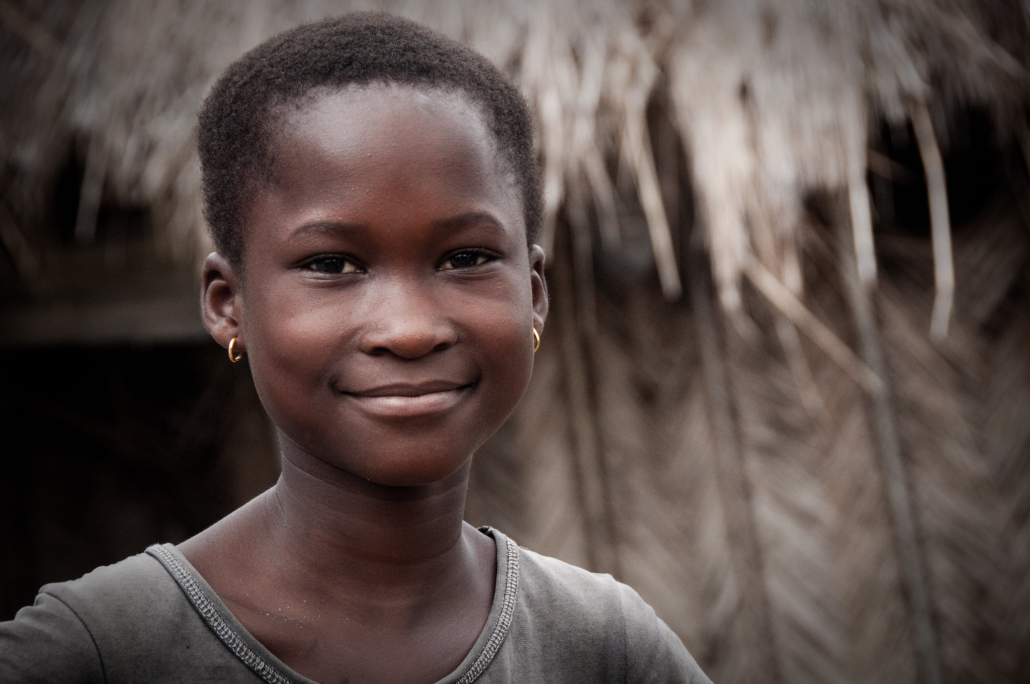 As a normal biological process, menstruation should not hinder access to health care, education or general well-being. In Benin, however, period poverty disproportionately affects millions of women and girls who
As a normal biological process, menstruation should not hinder access to health care, education or general well-being. In Benin, however, period poverty disproportionately affects millions of women and girls who 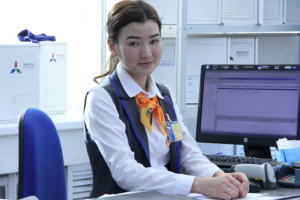 Kazakhstan has taken several
Kazakhstan has taken several 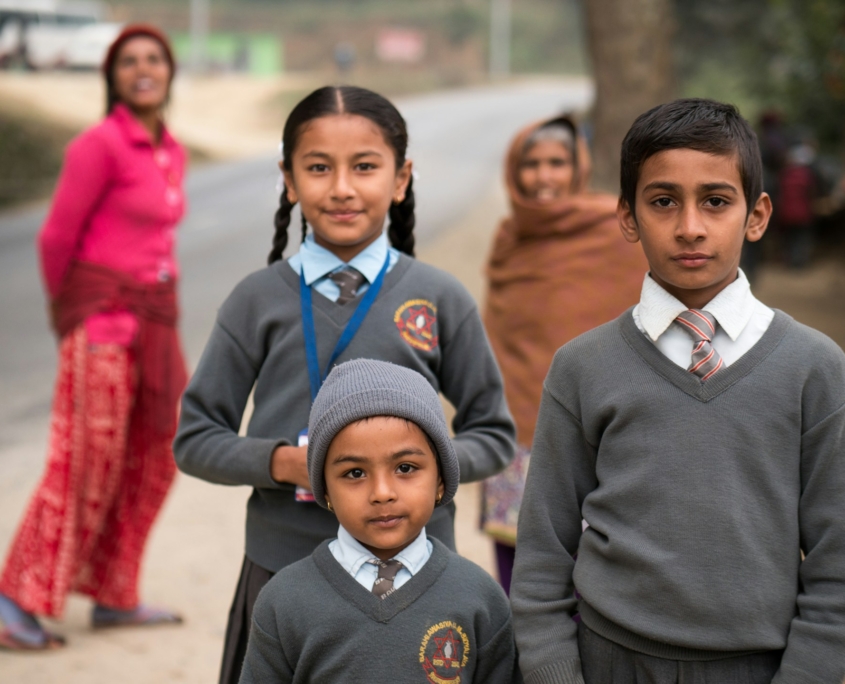 Women constitute more than
Women constitute more than  Since
Since

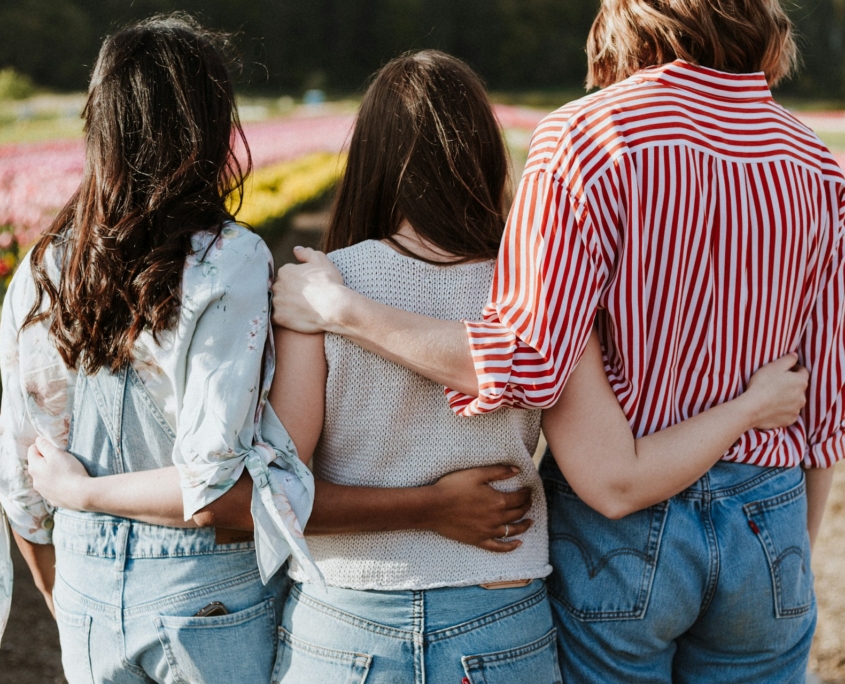 With half of the world’s population comprising of females, period poverty affects millions of women and girls on an ongoing monthly basis.
With half of the world’s population comprising of females, period poverty affects millions of women and girls on an ongoing monthly basis. 
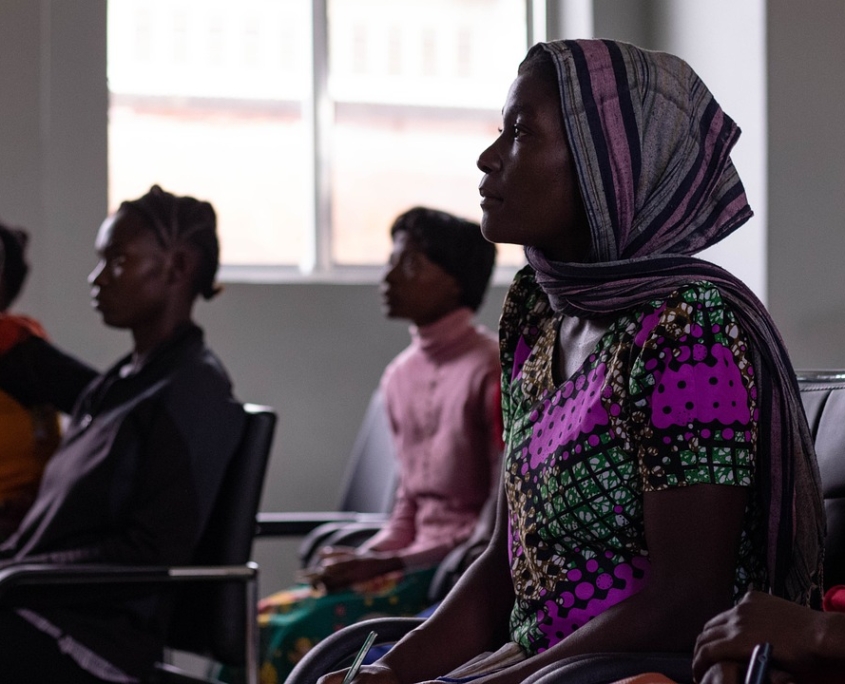 Mali, a landlocked country in West Africa, has one of the world’s fastest growing populations. The country houses more than nine million women, yet the state of women’s health remains a critical issue. Women in Mali face significant challenges. A lack of awareness and respect for human rights, especially for women and children, continues to drive disparities in education, governance, economic independence, and security. The United Nations Development Programme (UNDP)
Mali, a landlocked country in West Africa, has one of the world’s fastest growing populations. The country houses more than nine million women, yet the state of women’s health remains a critical issue. Women in Mali face significant challenges. A lack of awareness and respect for human rights, especially for women and children, continues to drive disparities in education, governance, economic independence, and security. The United Nations Development Programme (UNDP) 